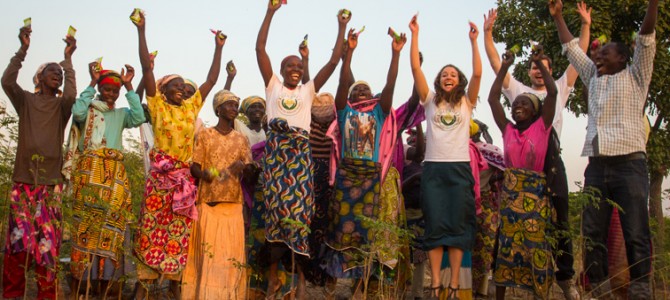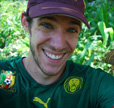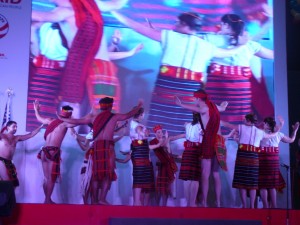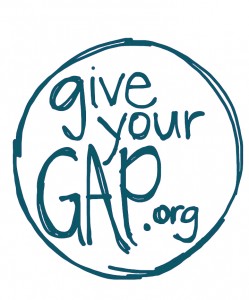Before Jeremy Kirshbaum was the USA Facilitator of the RiseUp Development Collective in the Volta Region of Ghana, he was a Politics and Economics double major at UC Santa Cruz. Today, he has been featured by UCTV Prime as well as in UCEAP systemwide publications. Jeremy took his experience with UCEAP Ghana as a time to build an international community and shares some of his strategies for using the power of connection in grassroots projects here with GiveYourGap. The following essay solely expresses the views of Mr. Kirshbaum and his experience with RiseUp Ghana.
In 2010, I travelled to Ghana to study abroad through the University of California Education Abroad Program. While there, a group of friends and I started the Rise Up Development Collective, and the Wli Todzi Clinic Project. As of 2013, the Wli Todzi clinic has walls and a roof, and soon will have doors, windows, and a ceiling. Progress has been slow, but we are very proud to have come this far. Starting an international project from scratch has not been easy, but through many people across the globe recognizing a need and rising to the occasion, our dream is slowly becoming a reality. A major contribution to this has been the power of connection, one of the many important tools for a grassroots project. An international community of individuals inspired to make change has grown up around the project. Ultimately, this has been a great an outcome as the progress on the clinic itself, and nearly as difficult to accomplish. We’d like to share our story of how we got to where we are today, and some strategies we’ve used that we think will work for you too.
The village of Wli Todzi rests on the peak of the Agumatsa mountain, in the east of Ghana near the Togo border. The village’s beauty is astonishing. From plateau at the summit, you can look out all the way across the Volta River valley 3000 feet below. The village is nestled in the rainforest, and surrounded by fertile lands that the 1500 people living in and around the village farm with a skillfulness recognized throughout the region. The people of Wli Todzi are incredibly strong. There is no easily accessible road to the village, so everything from the outside is carried up the mountain on their heads, or brought in from the neighboring country, Togo. Although for a young American such as myself, the climb can be very tiring, there are old women in the village who go up and down the mountain twice in a day. The villagers deals with the sometimes- vertical path with aplomb—the sporadic electricity that is available in the village is made possible because the villagers carried up every electrical pole by hand. Because of their isolation, most of life in Wli Todzi passes with a peaceful regularity. The people are friendly to one another, work hard for their families, go to church on Sunday and enjoy the occasional palm wine during celebrations. Most who visit the village fall in love with it.
Although their peaceful isolation is easy to romanticize, it is also the cause of great distress for the villagers. When there is a medical emergency, for instance complications with childbirth, then the villagers must carry the patient down the mountain on a stretcher. This is time-consuming and dangerous, and results in deaths every year. Since Christmas of 2012, there have been 12 fatalities, 5 of which were children. Many of them could have been prevented with easy access to healthcare in the village. Wli Todzi is a beautiful place, but its isolation can be deadly.
Slowly, a growing collective of people across the world have come together around the project. At first it was just people who had been to the village that worked on the project. It is matter- of- fact to us that this clinic needs to be built. The people of Wli Todzi are our friends, and it is natural to want to help friends. The difficult part is getting people involved who have never been to the village at all. Most people who have helped with the project have never heard of Ghana, and will probably never go there. However, these people are the most essential and most inspiring element of the project. These people participate in the project simply because they think it’s a good thing. Sometimes, though, they can take some convincing. Here are some strategies we’ve found that work well for helping people feel connected to a place very different from their own,
1. Use reference points that they understand.
No matter how different the place, there is going to be some kind of overlap between cultures. Playing up how exotic the people are makes people feel disconnected. Talking about elements of the project people understand, like food, holidays, or jokes, you can make the most “exotic” of places feel familiar.
2. People, people, people
It is essential that any project have a solid budget, timeline, and theoretical framework. However, conveying the project only in this fashion quickly becomes boring or confusing for people. However, the individuals involved in the project are something that newcomers to the project can connect to, even if they haven’t met them. Talking about the personalities of the people in the village makes the project come alive for people, and makes them feel like they are dealing with a community of real people, not an accounting apparatus.
3. The community at home is just as important as the community abroad
People need to be able to talk about what they’re doing with others. Through events, social media, and even small projects, a community at home is maintained. Because project participants can’t call the people of Wli Todzi and talk to them directly, having a group of people around them who are working on the project together makes them feel more connected- otherwise they can feel lost in space.
There is no silver bullet for an international grassroots project. It takes very hard work, stubbornness, and an appetite for overcoming insurmountable odds and disappointment. However, for us, it has continued to pay off. Not financially (we are a 100% volunteer program), but because the clinic is going to be completed, because of what we’re learning in the process, and because of the incredible people that we’ve met at every step of the way—people we now call friends. This is what keeps us going on the project, and will keep us going until the clinic is built, equipped and staffed.
And our connections are growing. We’re excited this summer to announce the first ever opportunity for people to travel with us in Ghana, and visit the village of Wli Todzi. We’re teaming up the Operation Groundswell to work with community groups all across the country- including 3 days in the village of Wli Todzi! If you’d like to travel with us this summer, climb the Agumatsa mountain with us, see the clinic in person, as well as work with community organizations all across Ghana, please visit our website. However, even, if you don’t think travel is in your plans for this summer, you can still get involved by helping fundraise for the clinic project in your hometown or at your university. If you’d like to help, or just want to know more about the project, check out www.riseupghana.org, or email us at info@riseupghana.org. We’d be happy to hear from you, and welcome you into our family. With your help, we can Rise Up!
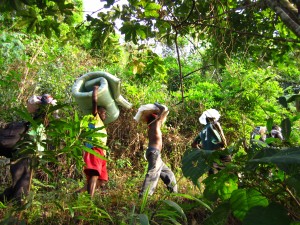
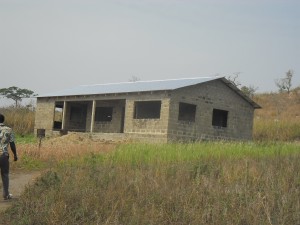
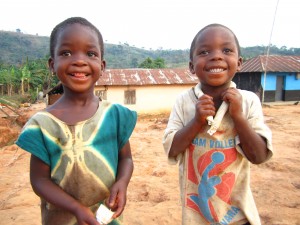
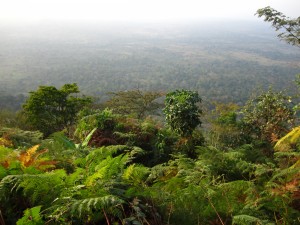
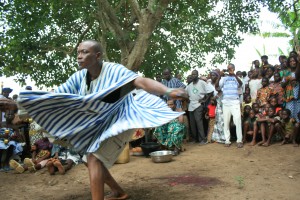
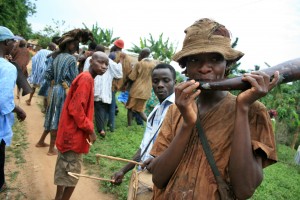
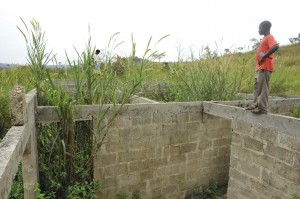
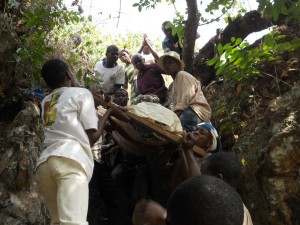
Photos courtesy of Jeremy Kirshbaum, RiseUp


